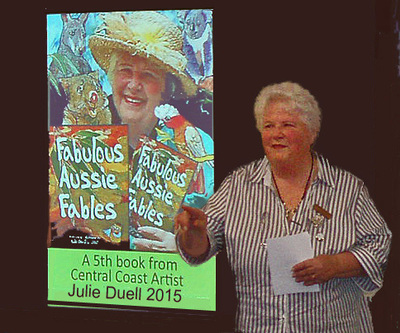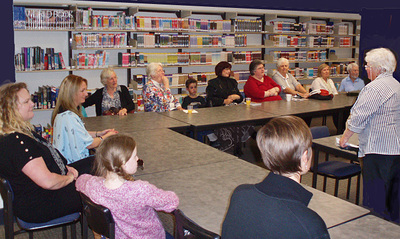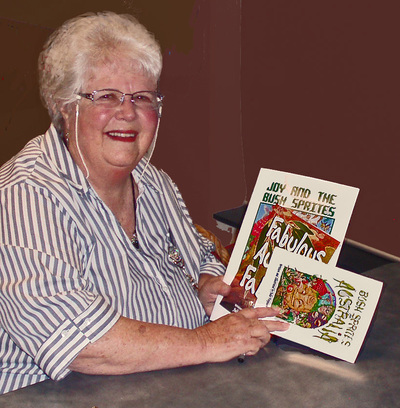http://michaelhyatt.com/5-reasons-publishers-love-bloggers.html?utm_content=bufferb9071&utm_medium=social&utm_source=twitter.com&utm_campaign=buffer
A perennial question is, 'What does an art director look for in an illustrator?' In this article Giuseppe Castellano answers that question from his perspective. He starts with what the text needs. Once he has a list of those needs (eg eerie, bold, black & white) he goes looking for illustrators who can deliver quality in those areas (strong character design, an understanding of colour theory, compositional intelligence, consistency and an ability to command the medium). He then searches widely online and offline, and appreciates professionally done postcards. An up-to-date website that showcases only your best work is essential. If your work meets the needs and quality requirements AND fits with the tone of the story, then you will make his short list.
http://www.gcastellano.com/arttips/2014/12/16/what-does-a-childrens-book-art-director-look-for
So any illustrator who wants steady work should be doing four things: 1) getting independent feedback on what kind of atmospheric qualities and story tone your style melds with, 2) research into the atmosphere and tone of recently published illustrated books as possible, 3) working out what sub-genre of children's books you have the best synergy with, and making contact with agents, publishers and art directors who do a significant amount of work in that sub-genre, and 4) working hard on improving the technical quality of your artwork.



 RSS Feed
RSS Feed
